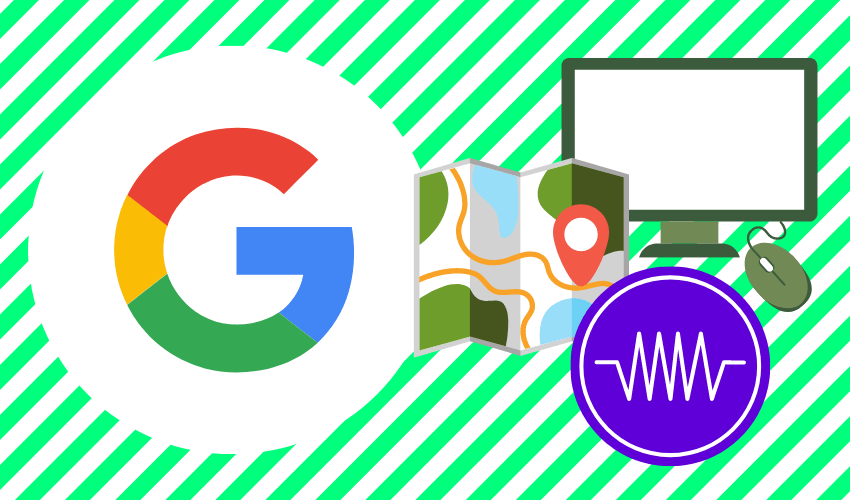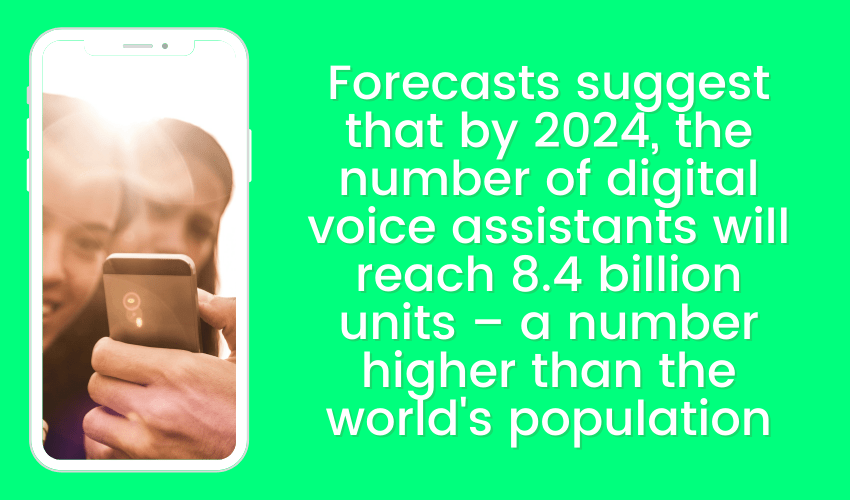SEO versus Semantic Traffic Technologies

Old school SEO vs Semantia Traffic Technologies - changing the way you get your online information and assets discovered.
So let's talk about the difference between SEO and Semantic Traffic Technologies and why it matters that you are across the future of search indexing and being found.
The Semantic Traffic Technologies Back Story
Take a moment to stop and think about how Siri, Alexa and Google Assistant are changing the way people search?
Once upon a time you'd bash out a few keywords and the search engine you were using would do it's best to find relevant matching webpages.
Now thanks to a level of maturity in voice recognition and AI, you can talk to your smart phone the way you'd talk to a regular person and have it find what you want.
With pretty good accuracy!
You might be amazed.
You might not even think too much about it.
Here's the thing.
The way that Siri, Alexa and Google Assistant function are fundamentally different to the old school keyword search of the past.

| Search Engine Optimisation | Semantic Traffic Technologies |
|---|---|
| Keyword phrases | Natural language |
| Backlinking | Conceptual associations |
| META tags | Semantic Markup & Snippets |
| Search term relevance | Concepts |
| Uniqueness | Originality |
| Freshness | Dynamic content |
Moving from keywords to concepts requires a different way of thinking about how you add context to your information.
If you're using outdated SEO tactics you'll still be adding META descriptions and getting seriously fixated on things like keyword density and originality.
Sure, they're important activities if your target audience is spending a lot of time on a web browser searching for information.
All that SEO effort is unfortunately wasted when it comes to those who ask Google or Siri to find you.
For a start, mobile savvy people are using natural language questions to discover the information they want to know. Whether it's information that exists within the apps on the device itself or out on the Internet.
To some, this may seem all too futuristic and irrelevant for business… a fun gimmick that won't survive.
The problem is that it isn't just about search engines. Having meaningful and contextually understandable information is what's driving initiatives like Big Data, Internet of Things and AI.

Sticking With SEO vs Evolving to Semantic Traffic Technologies
You may be thinking that Semantic Traffic Technologies are some flash new thing that's going to put a massive dent in your bottom line. That's where you're wrong.
The concepts behind Semantic Traffic Technologies have been around for a while now.
You may remember quite some years ago the hype of the Semantic Web… well that's when all this kicked off.
So the technologies are tried and tested.
The only reason you've probably never heard of Semantic Traffic Technologies is because it needs specialist knowledge in logic and linguistics. Something the average SEO dude may not be familiar with or trained in.
In fact, it's mainly because SEO has become so formulaic that there are so many people offering these services and the number one reason why you're probably doing SEO and not Semantic Traffic Technologies.
At Conversion Leadership, we believe that small and medium sized companies embracing digital transformation are doing it in order to get a bigger market share or, at the very least, stay relevant with changing consumer behaviours.
This is applicable for both B2C and B2B strategies.
Relying solely on SEO is going to let you down soon.

Choosing between SEO and Semantic Traffic Technologies
At the end of the day, you need to make a decision about rethinking everything you've got going on online.
The investment you've made in your website, webstore, social media activities, SaaS solutions, syndication feeds, data analytics and anything else you've got going on.
Ask yourself... "Do I need to protect these investments and what will it cost me if I don't?"
If you're not sure whether you need Semantic Traffic Technologies, ask Google or Siri to find a price or information about a product or service you sell and then decide.
If you can't be found, you'll need to do something about it.
Contact Us to discover how semantic traffic technologies will work for you.

